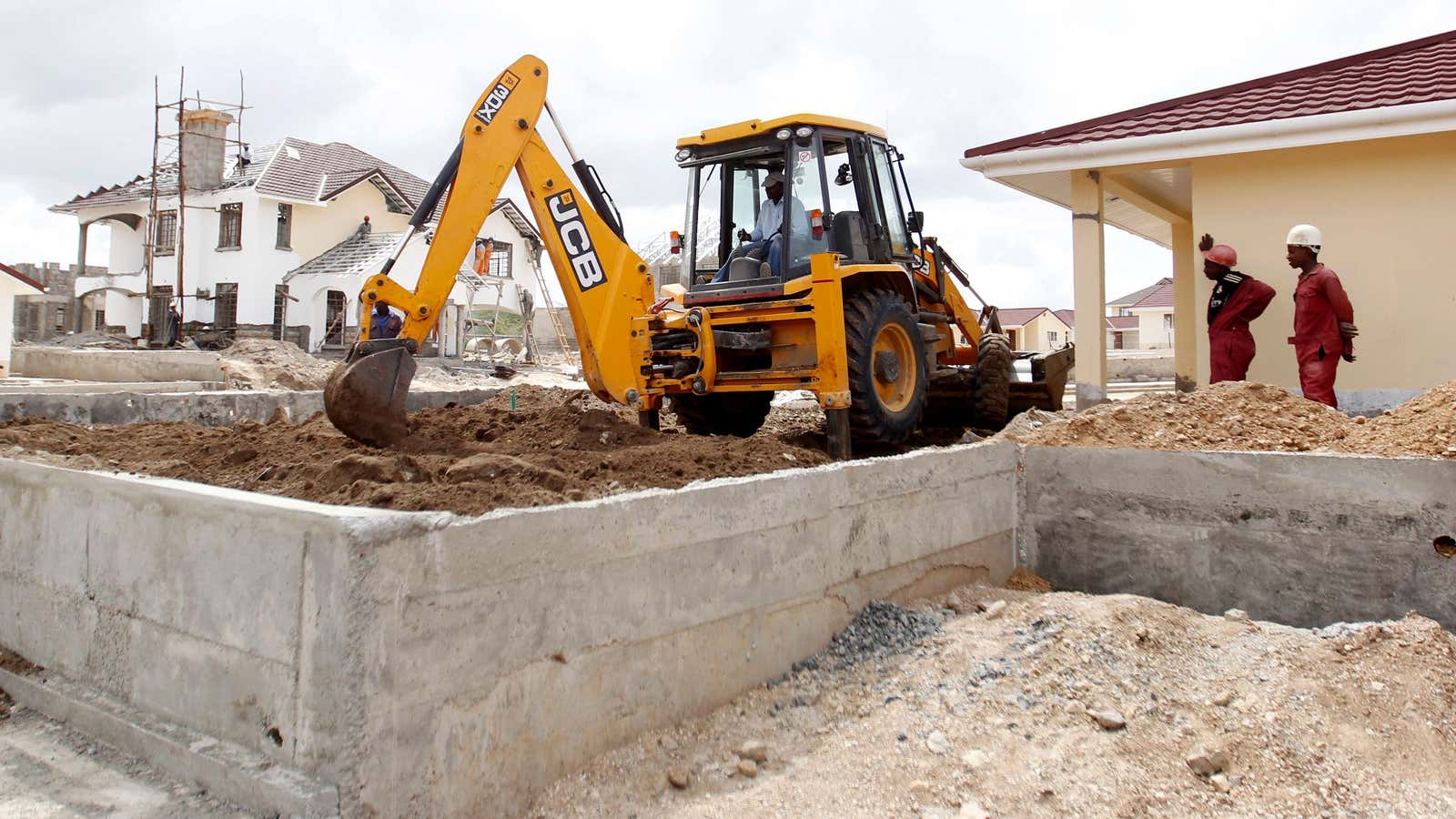United States businesses and investors made more foreign direct investments (FDI) in Africa than counterparts any other country last year. These US entities increased the number of American FDI projects in Africa by 43% to 130 in 2017 nearly twice the next country, according to EY Global’s 2018 Africa Attractiveness report .
Overall, African countries saw FDI number rise by 6% to 718 projects up from the previous year’s 676, which was the lowest in 20 years.
It is the latest metric that seems to contradict the idea that US corporate sector losing interest in Africa as China’s influence rises and president Trump focuses elsewhere. The US remains Africa’s largest investor, says EY after the continent saw the expansion in FDI projects after two consecutive years of decline.
More than three-quarters of the expansion was driven by real estate, hospitality and construction. EY says in the recent past US economic ties with Africa have been driven by the African Growth and Opportunity Act (AGOA), which grants 40 African countries duty-free access to the US for approximately 6,400 products — and programs, such as Power Africa.
Now, perhaps in a bid to counter the narrative that China’s influence in Africa is rising fast while the US falls off, Trump’s administration has doubled its development investment budget in Africa to $60 billion and launched a new agency which will be able to take equity stakes and other financial tools to invest in local businesses. It is a different route from China’s predominantly infrastructure focus but it is also welcomed by experts.
The big Western European economies, Germany, France and the United Kingdom, have also spent the last year discussing trade and investment in Africa and their corporates were right behind the US, with a 17% increase in the number of Western Europe FDI projects to 299. UK ‘s FDI projects rose by 76% to 72 in 2017, second to the US while France claimed third place with 61 projects in Africa.
But China’s direct investments actually dropped by 18% to just 54. In some cases Chinese infrastructure investments, which are arranged between governments may not show up in surveys like EY’s as there is not always transaction transparency with some of the African countries or the Chinese government.
South Africa, the continent’s most advanced economy, remains the continent’s leading FDI destination when measured by project numbers and it is for the first time ever the country’s lead is under threat with Morocco increasing its FDI projects by a sizable 19% to share the top spot with South Africa.
“Over time and as Africa’s growth accelerates, we anticipate that South Africa’s share of inbound FDI will continue to decline, relative to the rest of the continent. This will be driven by sustained strong growth, particularly in the Eastern-hub economies, and revived growth in the West hub,” said EY Africa chief executive Ajen Sita.
For the first time ever, East Africa became the single largest beneficiary as a region for FDI with 197 projects (27% of total projects). Southern Africa lost the lead as it fared lowest of the four major regions, at 162 projects (23%). Ethiopia, Kenya and Zimbabwe experienced a major uptick in FDI in 2017.
EY rated Rwanda as faring better than any Africa country in attracting FDI which it measured as 1.5 FDI projects for every $1 billion of GDP. When measured on the same metric South Africa received only 0.32 projects, attracting just 20% of Rwanda’s number given the much smaller economy. The margin is even larger with other major economies including Nigeria and Angola which received only 0.16 and 0.02 projects respectively.
